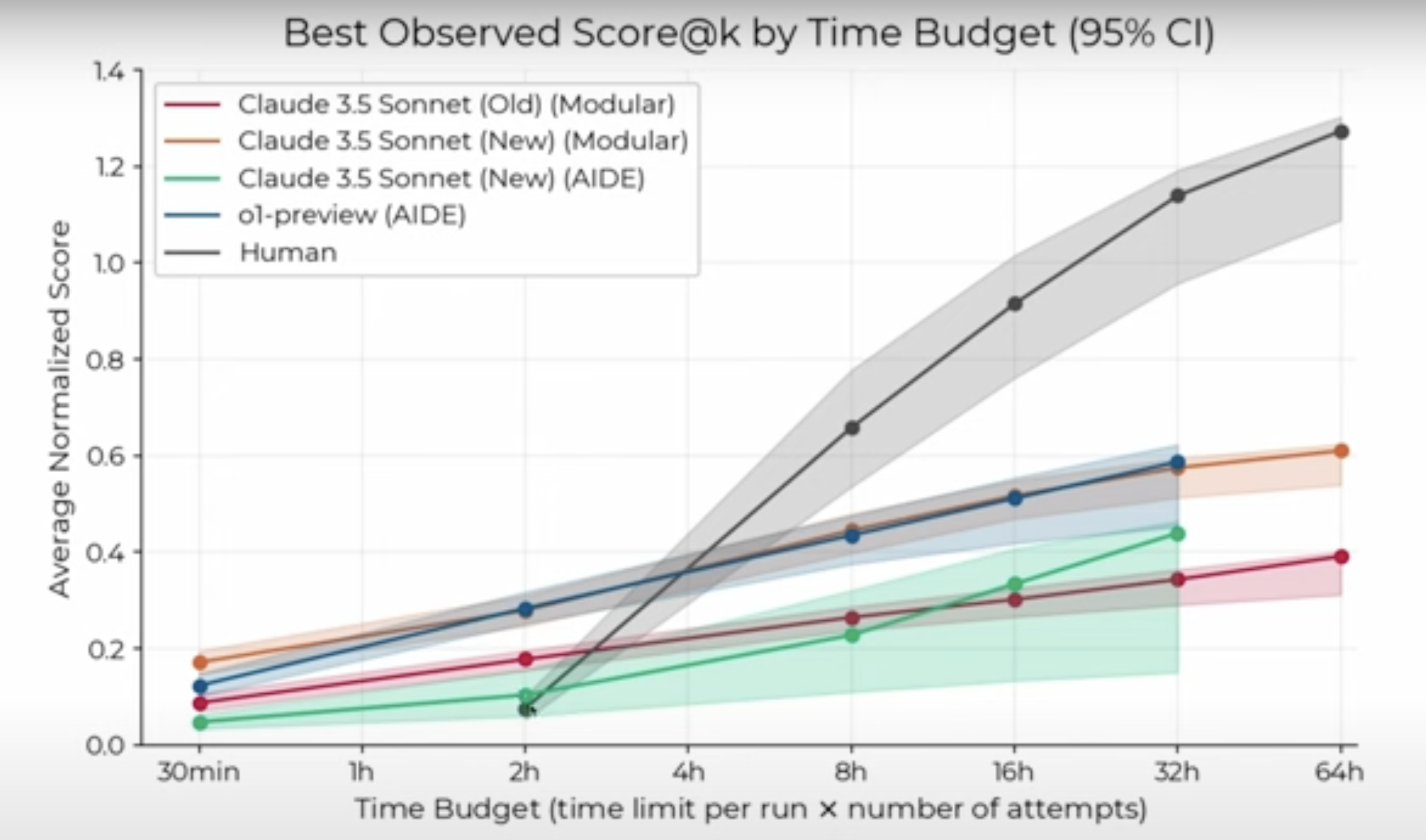Before we dive into trying to make AI work better, here are some of the things I think AI does quite well.
Socratic Method
Use AI to ask you questions to get you thinking. Use AI to ask you questions about what you are not thinking about. AI is great for this to help you clarify your ideas. The opportunity of using AI to make breakthroughs in many fields, including mathematics, will be simply helping you identify ideas you were unaware of and apply it to your problem.
Good Enough Search
AI is useful when you have no clue how to do something and want to get to an answer quickly. But it is useless for finding optimal answers. If you are pressed for time and you don't care enough about an answer to invest more time into it, then AI is certainly better than traditional web search or following your gut. If it is something more serious, then you will need to check your answers.
Simple Debugging
If you have a bug in your code, you should always try to figure it out yourself. It's a muscle that you need to keep flexing. Oftentimes, the error is simple to catch, especially if you use tools with helpful error messages. However, if you find yourself staring at a problem to the point that your brain is skipping over gaps, trying to figure out what might be going on, it's helpful to throw it into AI to get a second opinion. Usually, it works pretty well. But always be wary of false positives and don't ask AI to seek bugs that might be there. Its response is usually too noisy and unless you know what you are doing and can separate the wheat from the chaff, it's often counterproductive to take its suggestions wholesale.
Rapid Prototyping
When you know what you want, AI sucks. When you don't know what you want, AI is great. AI can be useful for experimentation as long as the results don't need to be reliable. And with the cost of writing crappy code being reduced, you can now perform more experiments faster. In problems where there is less time involved, AI performs better (2-hour projects). However, when given more time, humans perform better (both AI and humans get 32-hour time budgets) Problems involving more code favor humans, while fewer favor AI. Also, if you think this is a trend that's changing, and there is evidence of a so-called Moore's Law of AI that suggests AI can exponentially perform tasks that take longer and longer, then I have news for you. It's true, but it comes at the cost of precision. An AI can perform tasks that take longer and longer, but when you look a the steps it takes to get there, its assumptions are often wildly off, providing a rocky foundation on which to build from.
 Performance comparison showing optimal time allocations vary by agent type, with AI agents making faster initial progress but humans improving more rapidly with additional time. Source: Wijk et al. (2025). RE-Bench: Evaluating frontier AI R&D capabilities of language model agents against human experts. METR.
Performance comparison showing optimal time allocations vary by agent type, with AI agents making faster initial progress but humans improving more rapidly with additional time. Source: Wijk et al. (2025). RE-Bench: Evaluating frontier AI R&D capabilities of language model agents against human experts. METR.
Self-Made Tools and Systems
If you know how to use your tools, using AI often isn't that helpful. If you know how to write code and know what you want, then it is often faster to write the code yourself rather than repeatedly prompt AI until it gives you the code you are looking for. Sometimes you may have processes that you understand very well and are worthwhile automating. AI is great for these tasks. However, I suggest you create a system that uses AI to funnel data into it rather than using the AI (and I mean specifically the model) as the system itself. Not only is this more reliable, but it will also give you an advantage, so long as your system isn't easily sherlocked, you'll have access to something that makes you more productive than anyone else has.
Deeptech Breakthroughs
AI is terrible, especially if you ask it about a domain you know nothing about. But if you know a domain very well and ask the right questions, it can reveal insights that can help you make breakthroughs. Granted, 90% of its suggestions will be pure hocum but if you know your stuff, AI can still be helpful, and you can identify a little golden nugget to explore. Always, check its sources. AI does make progress in deep technical challenges. Google DeepMind created AlphaEvolve, an AI system that found an algorithm to multiply 4x4 complex-valued matrices using 48 scalar multiplications, improving upon Strassen's 1969 algorithm. You should think about this sort of discovery exactly like evolution, the probablility of a new discovery or improvement is extremely small, so if you are prepared to burn down the rainforest and you know how to evaluate an answer is correct, you can make a breakthrough, hopefully that breakthrough is on how not to burn down the rainforest.